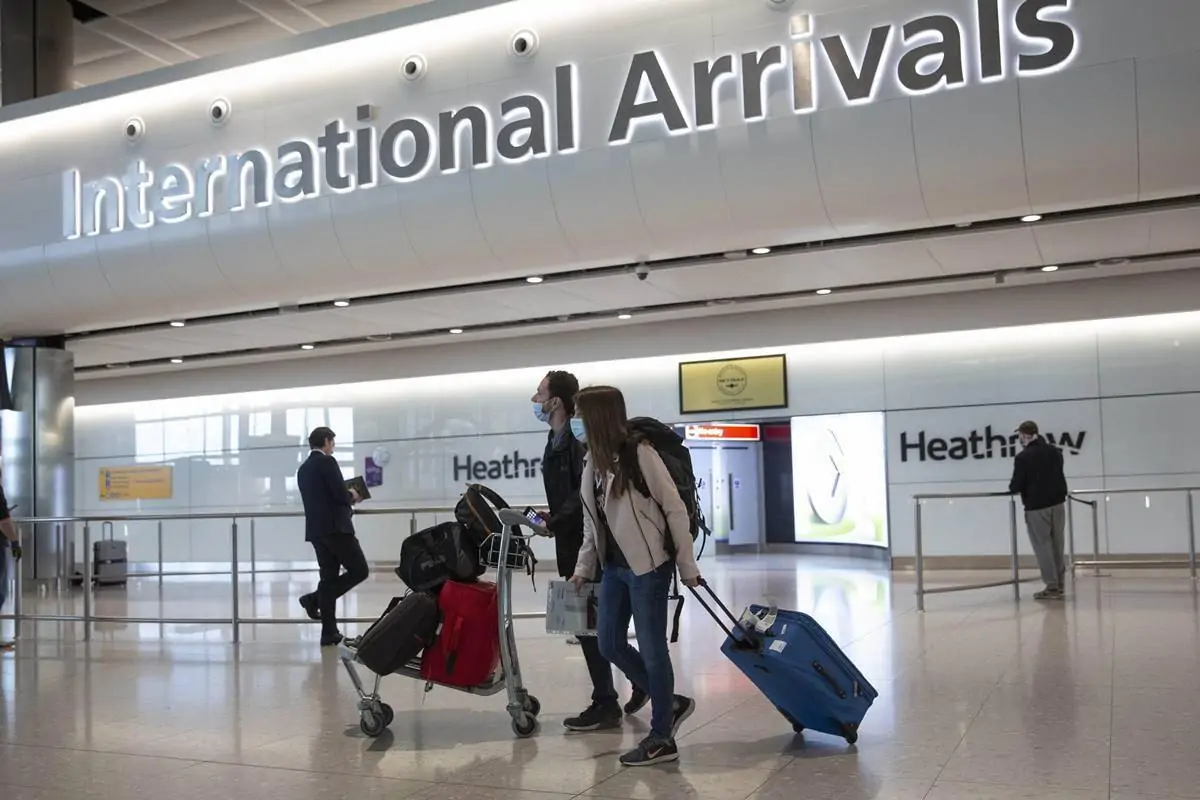- Posted on
- Renascen
- No Comments
Ireland extends post-study work eligibility for students studying remotely due to COVID
17 Mar 2021
Short on time? Here are the highlights:
- Ireland is allowing international students in their second semester of programmes delivered by Irish higher education institutions to remain eligible for post-study work rights if they are studying remotely outside of Ireland
- The temporary flexibility is comparable to that in Australia, Canada, and the UK and more generous than current rules in the US and New Zealand
Ireland has temporarily adjusted a key immigration policy affecting international students in light of COVID, in an effort both to protect students’ ability to stay in Ireland after their studies to work and to discourage students from travelling back to Ireland during COVID.
For a short time, international students who are studying online and/or remotely in their second semester of an Irish higher education programme will remain eligible for the Third Level Graduate Programme (1G).
This programme allows non-EU/EEA students graduating with a degree from a recognised Irish awarding body to remain in Ireland to look for graduate-level employment for a period of up to 24 months depending on their level of schooling attained. They can then apply for a Green Card (work permit) after 24 months. Before the pandemic and until now, students had to apply for the programme while they are were studying in-person in Ireland.
Students studying remotely in Irish “Level 8” or “Level 9” programmes (including honours bachelor’s, master’s, and post-graduate) can apply until 31 May 2021.
Certain conditions must be met
Students can apply for this programme if they have returned to their home countries due to the pandemic or if they have not been able to obtain an appointment because of COVID restrictions. They can submit their applications, along with scans of required documentation, electronically to the Registration Office, Burgh Quay, Dublin. They will be required to register in Ireland when they are able to return to the country.
To be eligible, students need:
- A letter from their higher education institution stating that they were a student for the academic year 2020/2021;
- A letter from their higher education institution stating that this course was taught 100% remotely, and that they were not required to attend classes in person.
- A letter from the relevant awarding body or institution that they have achieved the award for which they were enrolled as a student.
In line with other destinations
Ireland’s announcement follows the lead of some other leading destinations that have enacted new – COVID-specific – post-study work rights policies. These include Canada, Australia, and the UK.
The US has not announced any more flexibility regarding its Optional Practical Training Program (OPT); students have to be in the US studying for their programmes to count towards OPT eligibility, and New Zealand has also not adjusted its post-study work rights policies.
Students looking for more
In a related development, a group of international students has launched an online petition to ask for further concessions in light of COVID. They are asking the Irish government to extend the visas of all graduate students for one more year to heighten the chances of students being able to obtain employment in Ireland – which the students note is more difficult to achieve because of COVID.
Importance of Third Level Graduate Programme
During the years in which the UK tightened its visa and post-study work rights rules for non-EU/EEA students, Ireland’s Third Level Graduate Programme was a key competitive advantage for Irish higher education institutions, which were able to attract some of the students who might otherwise have gone to the UK. The number of new non-EU/EEA students from outside the European Economic Area (EEA) pursuing higher education in Ireland jumped by 45% between 2013 and 2017.
The UK has now restored two-year work rights, which will make it more competitive again in non-EU/EEA markets (but it is also facing the potential loss of thousands of EU students as a result of Brexit). Some believe that Brexit offers new potential for Irish institutions to attract EU/EEA students, particularly students looking for ELT courses.
Courtesy: ICEF Monitor

